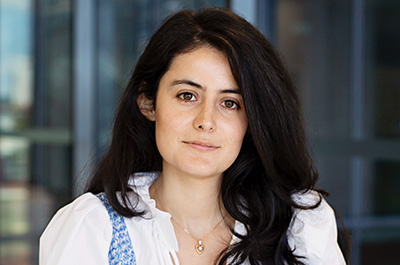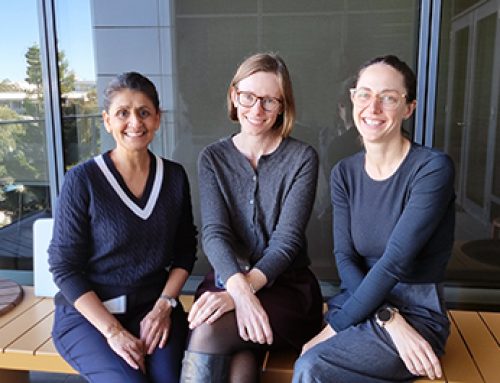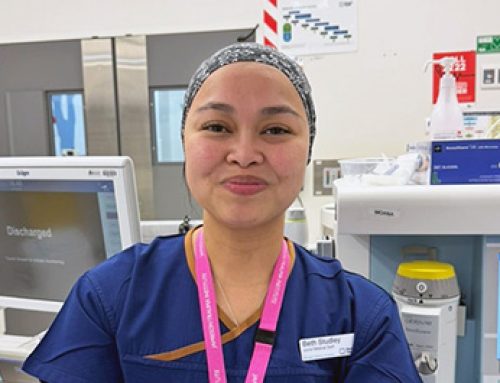Social sciences and health services: An interdisciplinary research journey
By Natalia Gonzalez Bohorquez, AusHSI PhD Scholar

I am a sociologist navigating the mysterious waters of health economics, public health, and health services. Qualitative methods are the base of the boat that keeps me floating, and quantitative techniques are the giant white whale that both fascinates and scares me, but that I must face if I want a PhD. Sometimes I wonder, how did I end up here?
When I was an undergraduate student in Colombia, I was told that, as a social scientist, I could not go into any health-related field without a health degree. I wanted a place in academia where I could address my experiences as a patient seeking healthcare in a challenging environment facing bureaucratic and access barriers, as well as an immense lack of resources and opportunities. I needed to leave my country to search for places where I could study public health and marry my two passions: social justice and health. Unexpectedly, I ended up living in a hospital on the outskirts of Jerusalem, studying epidemiology, biostatistics, and other subjects that I considered way out of my league. I survived. And I understood that, as scary as it seemed to go outside of my comfort zone, I could contribute my new skills to a conversation in which the reshaping of traditional boundaries is needed.
In the spirit of seeking innovation and quality research knowledge, in 2020 I joined a multi-disciplinary team at the Australian Centre for Health Services Innovation (AusHSI). AusHSI has supported me to conduct mixed methods research that seeks to highlight liveability factors relevant to people with disabilities living in regional areas of Australia. This population is experiencing socioeconomic exclusion and place-based inequalities, mainly due to limiting environments and services that don’t account for all ages and abilities. In a recent study, I provided evidence highlighting the underrepresentation of people with disabilities and inhabitants of regional areas in the assessment of local liveability.
I am halfway through my PhD, and I want to bring a qualitative perspective to a quantitative methodology using discrete choice methods, which are increasingly being used to elicit patient preferences. Although this methodology contains some qualitative data collection, its use is inconsistent and underreported. A qualitative perspective is especially needed in the health area, where it is essential to fairly represent the complex voices of vulnerable populations.
Completing an interdisciplinary project is challenging, and a PhD research journey can be an isolating experience, as it seems to be the lonely path of becoming an expert. The research tools will sustain the trip, but the engine will always be the people around us who accompany and guide us; we are never truly alone. Now, I find myself in a brand-new boat with a pack of friends and colleagues from all backgrounds and areas of expertise, helping me make some impact in the real world.







